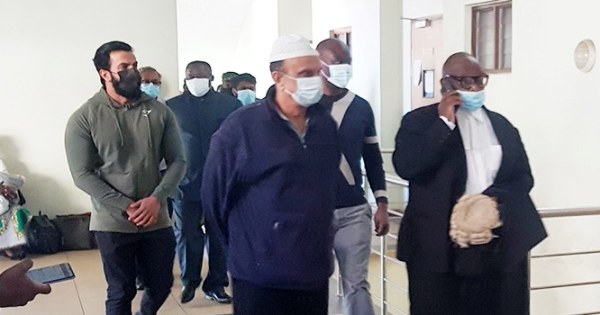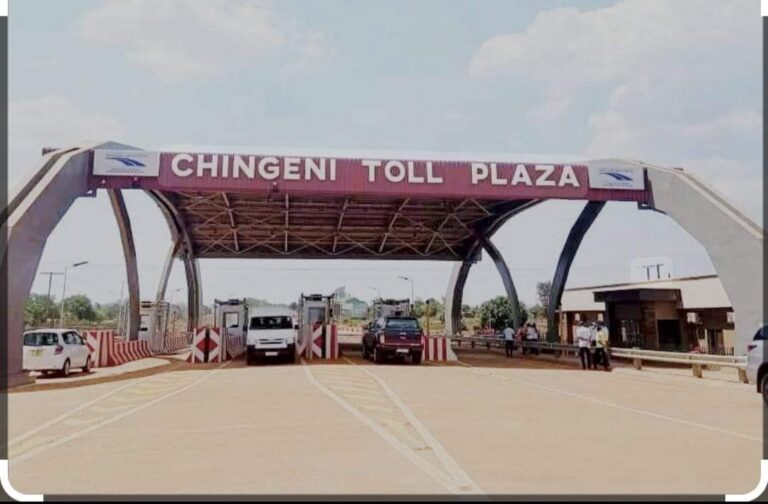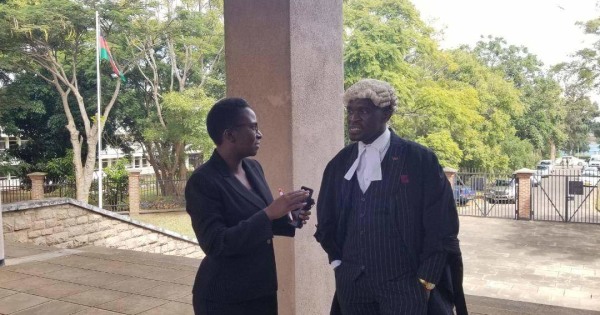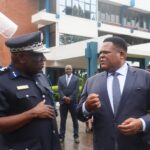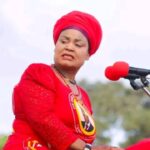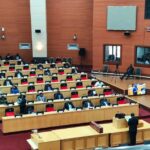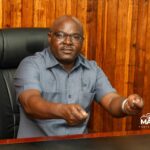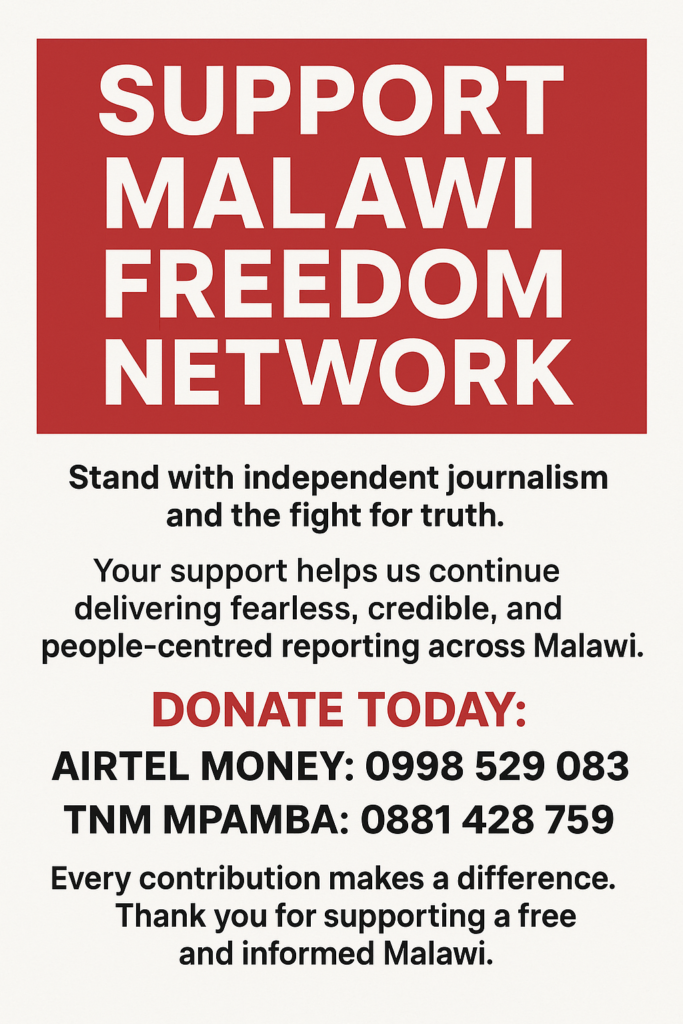By Burnett Munthali
The establishment of a commission of inquiry should ideally be a moment of national assurance, a mechanism through which transparency and accountability are reinforced. The inclusion of professional and independent-minded individuals on such commissions is critical, especially in a climate where public trust in governance processes is at a low ebb. The current commission includes notable professionals, such as Justice Jabber Alide of the Commercial Court, Inkosi ya Makhosi M’mbelwa V of Mzimba, and Professor Nyengo Mkandawire of the College of Medicine. These figures bring credibility and a presumed impartiality that inspire hope that this inquiry will genuinely serve the public interest.
Justice Jabber Alide, for instance, is widely regarded for his objectivity and legal acumen within the Commercial Court. His experience ensures a balanced interpretation of the law and establishes a solid foundation for fair proceedings. Inkosi ya Makhosi M’mbelwa V brings an essential cultural perspective and represents the interest of the Mzimba constituency. His inclusion aligns with the broader goal of ensuring community voices are represented, especially as commissions of this nature require a nuanced understanding of local concerns and values. Professor Nyengo Mkandawire, a prominent figure in medicine, further adds an independent scientific perspective that signals a focus on evidence-based conclusions, an approach the public values in any credible inquiry.
Adding further weight to the commission’s credibility are Justin Mkandawire and Dixie Kwatani, who bring technical expertise in aviation. Given that they have both served as Airport Commandants, their insight is indispensable in analyzing airport operations, understanding procedural standards, and providing explanations on what may have transpired within these highly technical spaces. Alan Chinula, a senior legal practitioner with a respected record, also bolsters the commission’s legitimacy with his extensive legal expertise, grounding it in a sound understanding of due process.
Despite this impressive professional lineup, there remains a concern over whether these independent-minded commissioners will be able to assert their views and maintain autonomy in the face of politically connected commissioners who may have different priorities. The challenge here is twofold. First, while these professionals bring experience and independent reputations, the political environment in which this commission operates is fraught with expectations, pressures, and potential interference. Second, even with their experience and integrity, these commissioners could find their influence diluted if they are outnumbered or overshadowed by those whose loyalties might align more closely with political powers.
Ultimately, the success of this commission hinges on the ability of its independent-minded members to navigate these pressures without compromising their standards. The commission’s effectiveness will be tested by how well it can avoid politicization and stay focused on truth and accountability. If these professional voices prevail, this inquiry could set a powerful precedent, reinforcing the importance of independence in such bodies. However, if political influences dominate, it will merely reinforce public skepticism and undermine trust in future inquiries.
In summary, while the inclusion of professionals like Justice Alide, Inkosi M’mbelwa, Professor Mkandawire, Justin Mkandawire, Dixie Kwatani, and Alan Chinula offers hope, their effectiveness will depend on their resilience in maintaining independence amidst political dynamics. The public interest is best served when the truth is pursued unfettered by political biases, and only time will tell if these professionals can hold their ground in a potentially polarized environment.



